Though I was never there while it was being made, the making of Ken Russell’s The Rainbow is burned in my memory because it was the most excited I’d ever seen him over a project. (Bear in mind, I was not acquainted with Russell during his glory years in the 1970s.) Normally, I would hear from him at the start of a production and then we’d talk about it again after I’d seen it. The Rainbow was different in that I heard about it before, during, and after the shoot. The prospect of returning to a D.H. Lawrence work fueled his enthusiasm — he obviously saw it as a chance to regain his earlier acclaim, though he never quite said that. He was delighted to be able to work with so many people from his other films — Sammi Davis, Amanda Donohoe, Glenda Jackson, Christopher Gable, David Hemmings, Ken Colley, Judith Paris, Dudley Sutton. He took great pleasure in the studio not only going back to his first choice — David Hemmings — for Uncle Harry — when Elton John backed out at the last minute, but having to do so at an inflated price. For that matter, he liked the fact that the girl, Glenda McKay, playing young Gudrun had been named for Glenda Jackson because of Jackson’s performance as the same character (grown up) in Women in Love (1969). More than anything, though, he was excited to be working with Women in Love‘s cinematographer Billy Williams again.
Everything was set for this to be a return to form — at least until Vestron Pictures was “restructured,” effectively killing the The Rainbow getting much of a release in the States. That wasn’t the only problem, but it was the biggest one. The other big problem lay in the casting of Sammi Davis in the lead. While Davis is a capable actress, she’s here in a role — a difficult one — that she can’t quite pull off. She lacks the necessary inherent sympathy to make Ursula Brangwen work. The upshot is that The Rainbow becomes a film with a not very likable heroine. Russell told me some years later that he didn’t see how tiresome the character became over the course of the film until he put it all together — by which time it was too late to do anything about it. Then too, where Women in Love had been a reasonably faithful adaptation of Lawrence’s novel, The Rainbow not only took greater liberties, but ended before the book did — something bound to displease Lawrence purists, even if they did grugingly admit that The Rainbow just isn’t in the same league as its sequel.
What we’re left with is a very good, visually stunning film with undeniable flashes of genius. Looked at as a series of scenes — as Russell shot them — it’s perhaps as good as anything he ever made. The tone is wonderful throughout and individual moments are just plain terrific. The early scenes with Amanda Donhoe, the scenes with Paul McGann, the school scenes, the wedding — all these are great in themselves. Taken as a group, however, they lose something. That said, the film’s ending — even with its not exactly convincing rainbow — is a thing of beauty. It’s also the quintessence of the sense of hope that runs through so much of Russell’s work.
Plus, for anyone interested in Russell’s films, it’s an essential. Not only is it a virtual who’s who of Russell alumni, but it marks a farewell to his beloved Lake District, which had been a staple of his movies since he first saw the area in 1967 while making Dante’s Inferno. It showed up again in his TV film, A British Picture: Portrait of an Infant Terrible (1989), but that was actually made before The Rainbow was released. It would soon become — in his mind at least — the place he associated with the break-up of his second marriage. Talking about The Rainbow in 2000, Russell told me flat out, “I’ll never go back there.” At least on film, that was true, but, boy, did he give it a glorious farewell in this film.
The Hendersonville Film Society will show The Rainbow Sunday, Oct. 19, at 2 p.m. in the Smoky Mountain Theater at Lake Pointe Landing Retirement Community (behind Epic Cinemas), 333 Thompson St., Hendersonville.



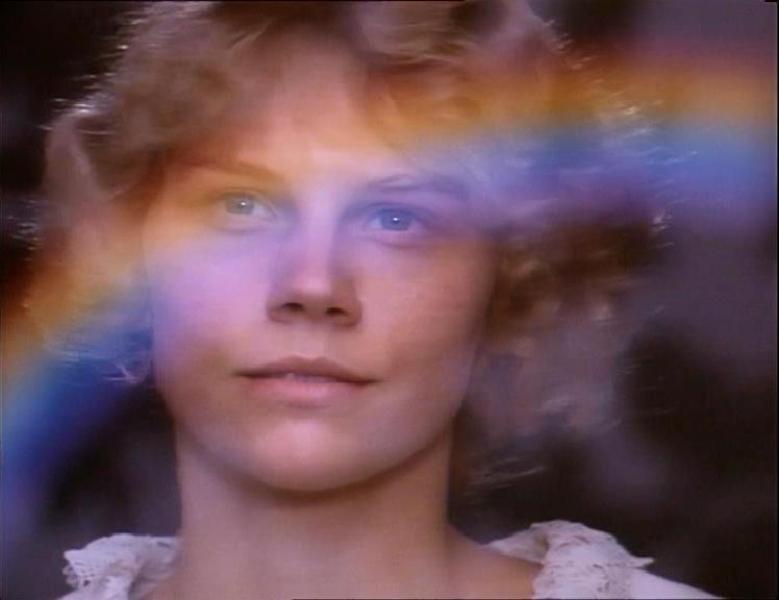
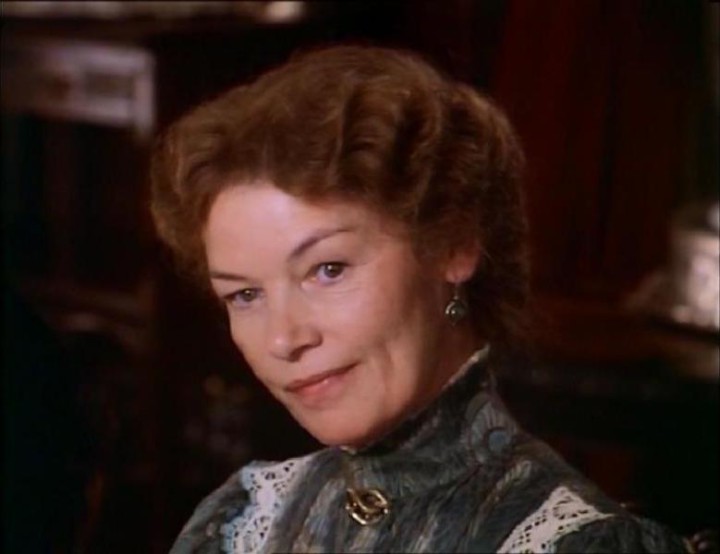
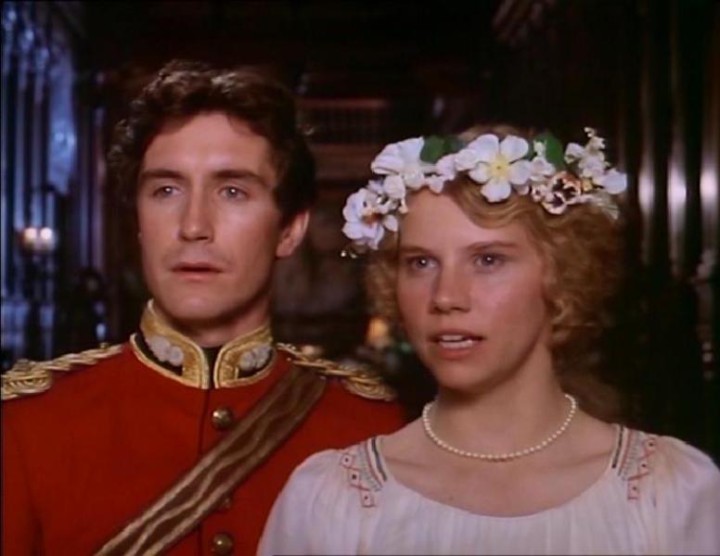
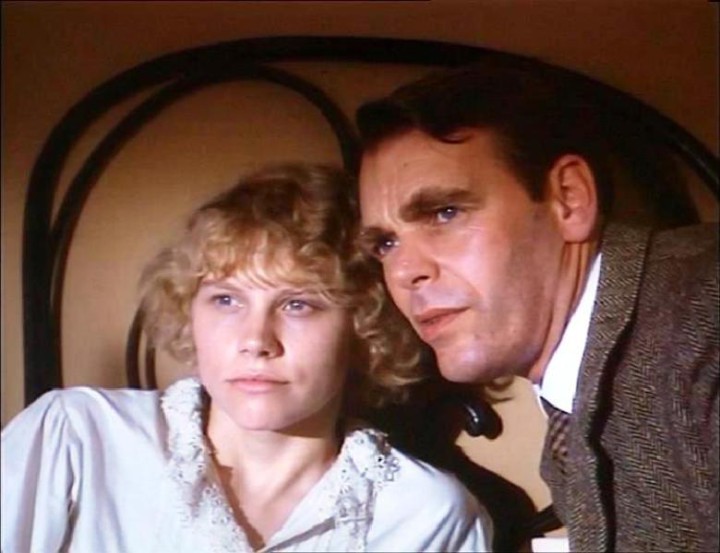
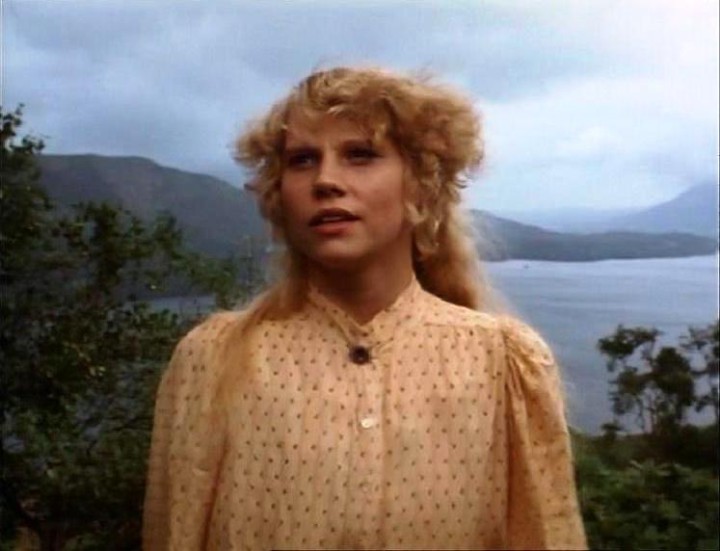
Before you comment
The comments section is here to provide a platform for civil dialogue on the issues we face together as a local community. Xpress is committed to offering this platform for all voices, but when the tone of the discussion gets nasty or strays off topic, we believe many people choose not to participate. Xpress editors are determined to moderate comments to ensure a constructive interchange is maintained. All comments judged not to be in keeping with the spirit of civil discourse will be removed and repeat violators will be banned. See here for our terms of service. Thank you for being part of this effort to promote respectful discussion.